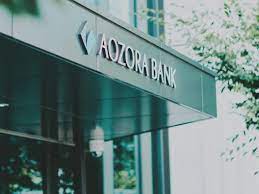Owning a rental property can be an attractive investment opportunity, especially for those who are looking to diversify their portfolio or generate passive income. However, it’s important to weigh the pros and cons before taking the plunge and becoming a landlord.
Pros:
- Steady Cash Flow: The primary benefit of owning a rental property is the regular stream of rental income it generates. This can be a reliable source of passive income that can help offset mortgage payments, property taxes, and other expenses.
- Appreciation: Over time, real estate tends to appreciate in value, which means that the value of a rental property can increase over time. This appreciation can provide a long-term return on investment for landlords.
- Tax Benefits: Rental property owners can take advantage of a number of tax benefits, including deductions for mortgage interest, property taxes, repairs and maintenance, and depreciation.
- Control: As a landlord, you have control over the property, including its maintenance, upgrades, and tenant selection. This level of control can help ensure that the property is well-maintained and that tenants are responsible.
Cons:
- High Upfront Costs: Buying a rental property requires a significant upfront investment, including a down payment, closing costs, and other fees. This can make it difficult for some people to get into the market.
- Property Management: Being a landlord requires time, effort, and expertise. Landlords are responsible for finding and screening tenants, maintaining the property, dealing with repairs and maintenance, and handling any disputes that may arise.
- Vacancies: When a rental property is vacant, there is no rental income coming in. This can be especially problematic if the property is not generating enough income to cover the mortgage and other expenses.
- Legal Liability: Landlords are responsible for ensuring that their properties meet all relevant legal requirements, including safety standards, zoning regulations, and building codes. They may also be held liable for any injuries or damages that occur on the property.
In conclusion, owning a rental property can be a rewarding investment opportunity, but it requires careful consideration of the pros and cons. Before becoming a landlord, it’s important to understand the costs, responsibilities, and risks involved, as well as to develop a solid plan for managing the property effectively. By doing so, you can maximize the potential benefits of rental property ownership and minimize the potential downsides.











